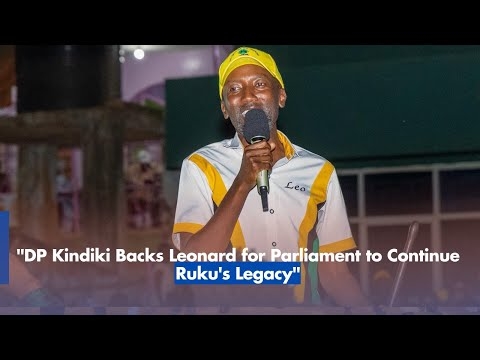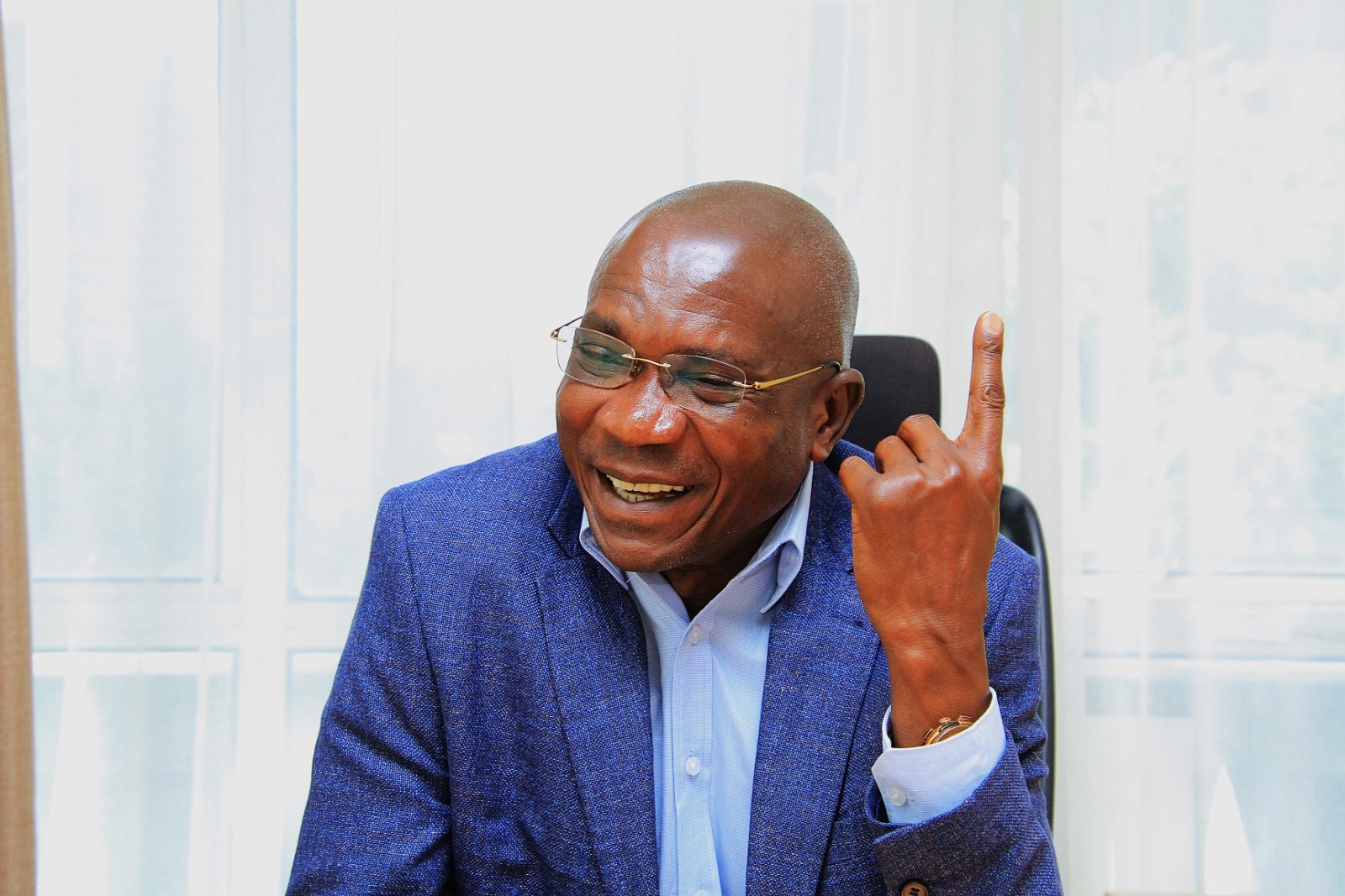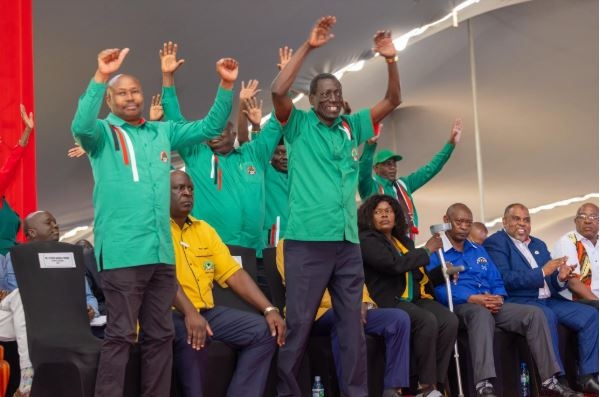A Vixen who was taking her babies out for an airing one balmy morning, came across a Lioness, with her cub in her arms. "Why such airs, haughty dame, over one solitary cub?" sneered the Vixen. "Look at my healthy and numerous litter here, and imagine, if you are able, how a proud mother should feel."
The Lioness gave her a squelching look, and lifting up her nose, walked away, saying calmly, "Yes, just look at that beautiful collection. What are they? Foxes! I've only one, but remember, that one is a Lion."
This week, President William Ruto is making a trip to the United Arab Emirates in search of investment opportunities.
The UAE has been looking to explore new avenues to strengthen ties with Kenya, including expanding bilateral trade between the Arabian nation and Ruto’s administration.
Last year, the two nations initiated talks on United Arab Emirates-Kenya Comprehensive Economic Partnership Agreement to increase the volume of trade in goods and services and investment.
In 2021, total imports from UAE almost doubled to Sh178.5 billion from Sh92.3 billion in 2020 while exports to Dubai rose to Sh34.6 billion. The UAE is now looking to increase imports and exports from Kenya in the future.
The UAE also intends to assist Kenya in utilising the Arabian state’s geographical and economic position to facilitate access to other markets such as Asia and Europe.
In October of last year, President Ruto held talks with Sheikh Shakhboot Al Nahyan, United Arab Emirates Federal Minister of State for Foreign Affairs, at State House Nairobi where the President said Kenya was keen to expand its trade with the Arabian nation.
The two nations have agreed to fast-track trade agreements and set up a joint panel to explore investment partnerships in oil and gas, technology transfer, agriculture, healthcare as well as development of Special Economic Zones.
It is therefore welcome to see the President following this up with a trip to the UAE. Nothing gives investors confidence like engaging a government at its highest level.
The economic diplomacy that Ruto is focused on is critical for local businesses as it opens new markets for those who are investing in products that are needed outside the country.
These new markets also challenge us to think beyond the traditional products we have been producing as a country.
Besides the traditional exports of tea, coffee and flowers, there are new market opportunities for nuts, avocados and fresh vegetables in the East. Kenya has a lot to offer the world but there have been no clear markets for its products.
The ground has already been set from the cabinet level. After leaving the US-Africa Leaders Summit in mid-December, Investments, Trade and Industry Cabinet Secretary Moses Kuria was a busy man shuttling between Saudi Arabia and the UAE.
This is in line with President Ruto’s pledges, mainly on agriculture where the Kenya Kwanza government is keen to invest at least Sh250 billion in five years.
Kuria who has held meetings with both government officials and private sector players has been keen on investment opportunities in agriculture, health, education and energy.
Other areas include transport and logistics, trade, real estate (with a focus on affordable housing), telecommunication and digital economy with a keen eye on Small and Medium Enterprises.
The two countries are keen on joint investments in oil and gas, port operations, logistics, affordable focusing, financial services, renewable energy and telecommunications.
The president is expected to pick from this. The two countries are for instance seeking to establish a partnership with the Kenya Development Corporation to jointly undertake real estate development, Nairobi financial district and affordable housing.
The economic diplomacy being led by the President holds the key to Kenya’s prosperity. Kenya must seek opportunities for equitable trade with all nations across the world without seeking just one direction.
The more investments that Kenya can attract, the higher the chances of building up an economy that can sustain Kenyans by creating jobs and opportunities for all. More jobs and markets mean higher revenues for government and these resources can be used to build up sectors such as education and health.
















